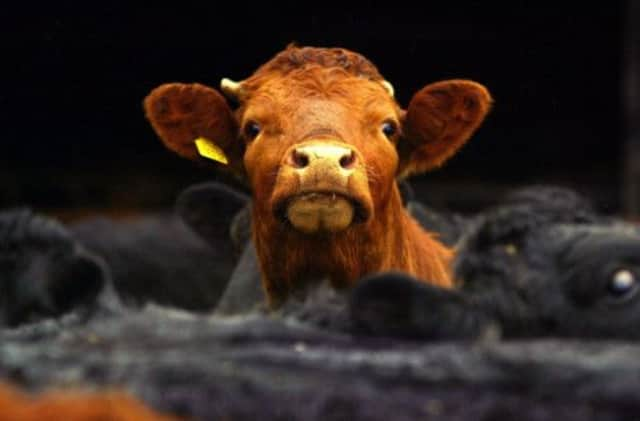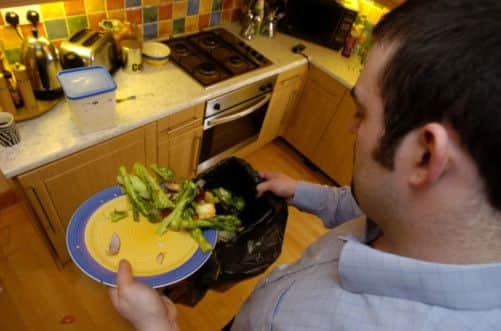Scotland at forefront of efficient agriculture


In the 1990s, as part of the Common Agricultural Policy, European farmers were being paid to take 10-15 per cent of their land out of production. Those days are gone. There are now seven billion people sharing this planet, and according to United Nations, this number is expected to rise above eight billion by 2030. That is a lot of mouths to feed.
With growing wealth, particularly in China and South East Asia, people’s consumption patterns are also changing. Not only are people eating more, they are also increasing their demand for meat, particularly red meat. The UN’s Food and Agriculture Organisation predicts that during the next 20 years, meat production will have to increase by more than 125 per cent, and crop production by 50 per cent – with much of those crops destined to feed cattle, sheep, pigs and chickens.
Food security being given a high priority


Advertisement
Hide AdAdvertisement
Hide AdGrowing demand is expected to result in escalating food prices as transport and storage costs increase, potentially reducing access to food among the world’s poor. Given the past relationship between lack of access to affordable food and political instability, food security is now being given a high priority on global and national political agendas.
In technical terms, food security is defined as providing the world’s population with a sustainable and secure supply of safe, nutritious, affordable and high-quality food. However, this must be achieved without depleting environmental resources – but the predictions are that to meet demand for food there will be a 30 per cent increase in the use of the planet’s fresh water resources and 120 million hectares of additional land will be converted into crop-producing farmland in developing countries. This is all happening in the face of loss of soils through erosion and climate change creating droughts or floods on previously fertile land.
We cannot rely on what we have done in the past; new technology and agricultural practices will be needed. We also have to help reduce the food waste that happens throughout the supply chain. In 2011 more than one billion tonnes of food was lost or wasted – around one-third of global food production.
Scotland global leader in agricultural science
It all sounds very scary, but Scotland is well prepared to help meet food security challenges. Not only are we a producer of quality food products but the Scottish Government has also continued to invest in agricultural science when many other developed countries let agricultural research wither on the vine.
That investment has helped place Scotland as the global leader in agricultural science. But science needs to work with farmers, industry, retailers and broader society to ensure the best information is used to grow more food in a sustainable way.
There are a lot of initiatives happening at the moment to join up science and industry. For example, the Food & Health Innovation Service, funded by Scottish Enterprise and delivered by Scotland Food & Drink, brings together business and scientists to provide practical support to help Scottish companies fully realise their growth potential in the global marketplace.
Scientists across universities and institutes also need to work together more closely, to bring the best basic science through what is called the “translational pipeline” to create valued products and services. That is why we launched a key partnership, the Scottish Food Security Alliance – Crops, at the Royal Highland Show in June.
The Alliance draws expertise from three leading Scottish research organisations – the universities of Aberdeen and Dundee and the James Hutton Institute – to create a critical mass of internationally-recognised excellence in crop and soil sciences, environmental modelling and human nutrition.
Advertisement
Hide AdAdvertisement
Hide AdOur vision is to build an alliance of excellence which links researchers from different disciplines to tackle the challenges of sustainable food production, the depletion of natural resources including productive land, water and nutrients, and the impact of climate change on society.
Although the Alliance currently has only three partners, we are confident that other institutes and universities from across Scotland will join us. More broadly, there are moves afoot to create similar alliances for livestock, aquaculture and marine fisheries. The Scottish Food Security Alliance – Crops is an exciting initiative that will set Scotland at the centre of working to tackle one of the biggest challenges of our time.
• Professor Iain Gordon is chief executive of the James Hutton Institute. www.hutton.ac.uk